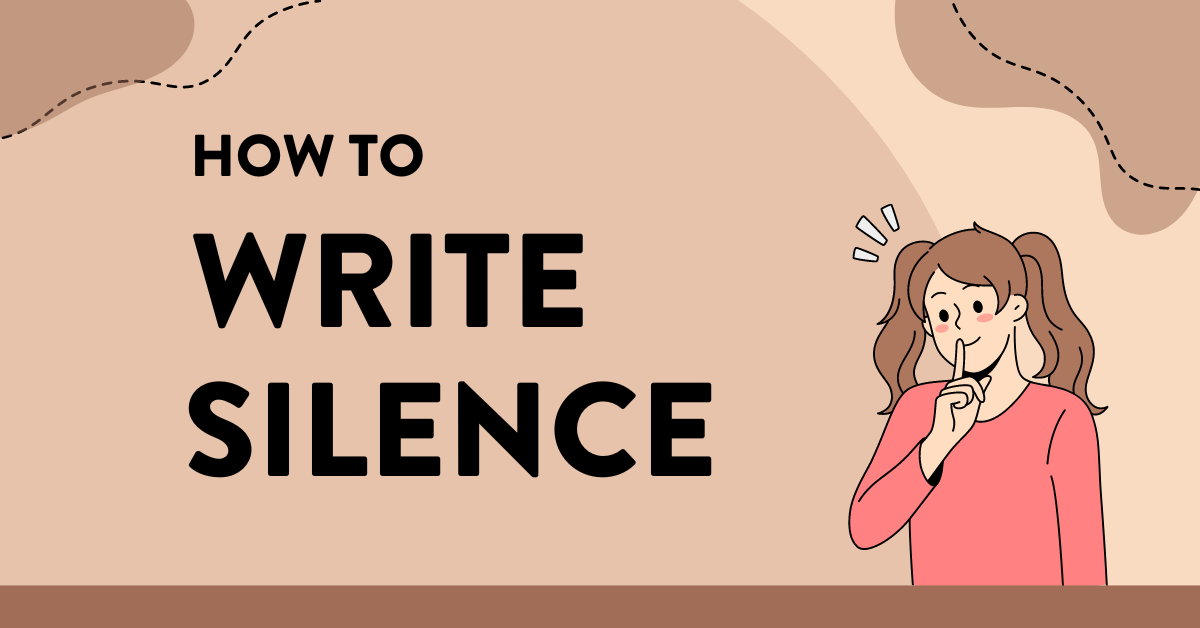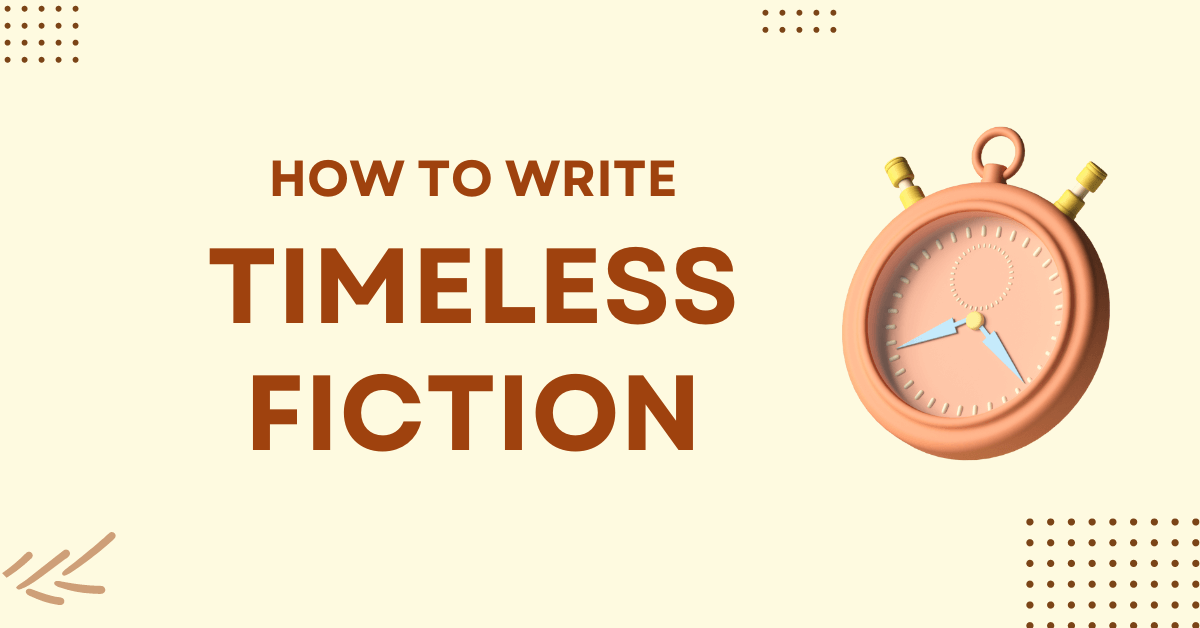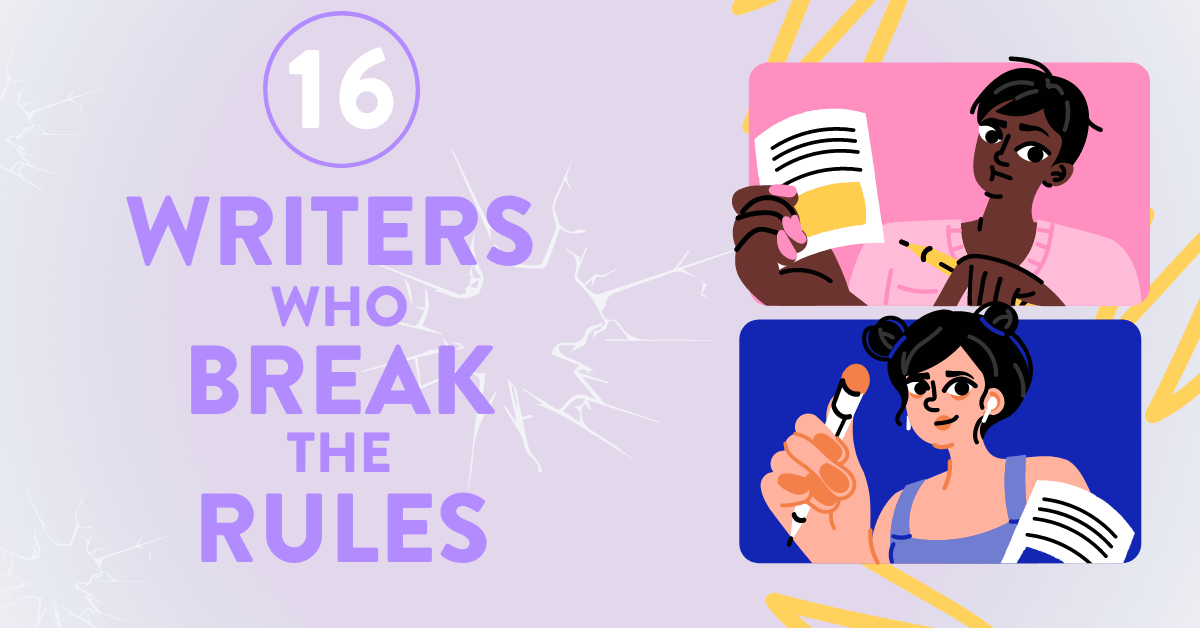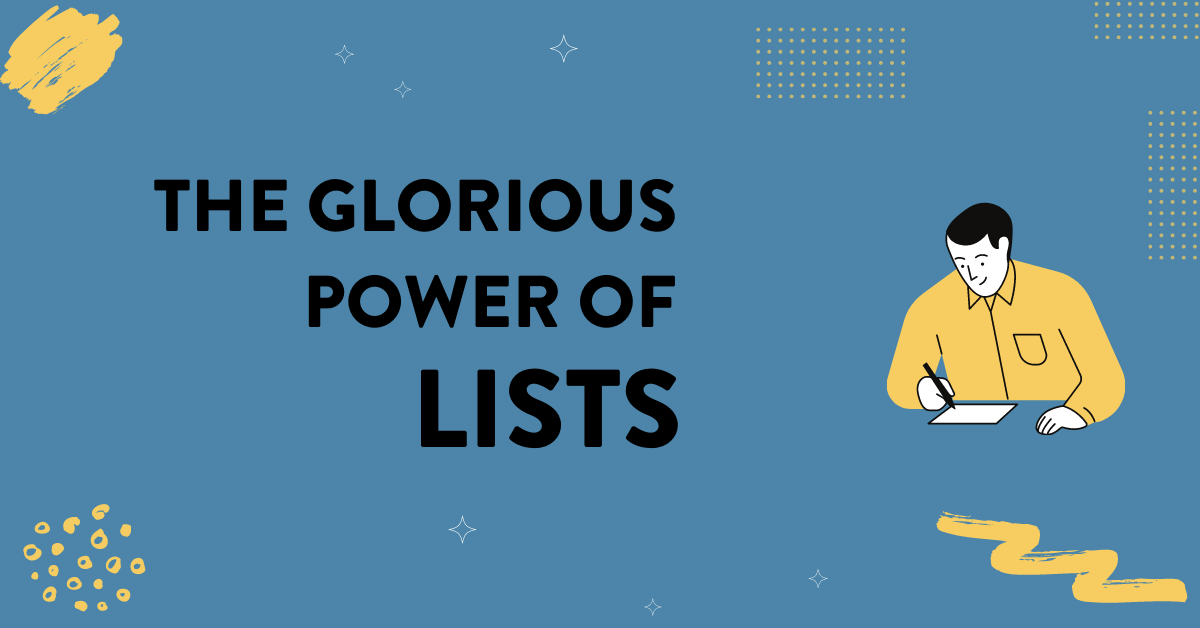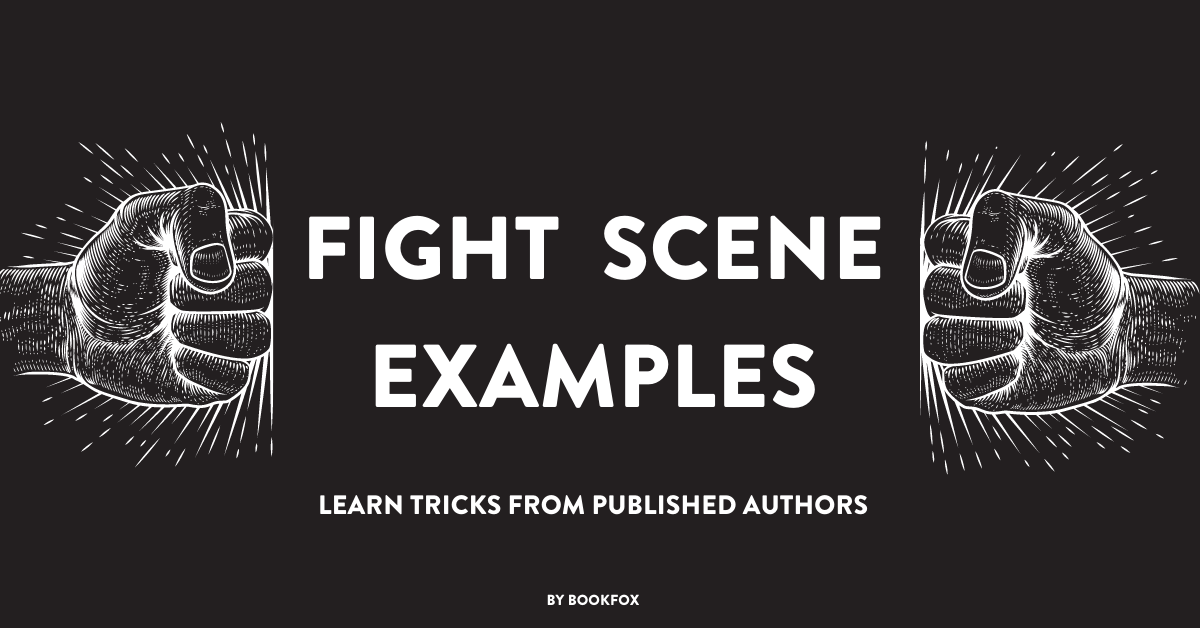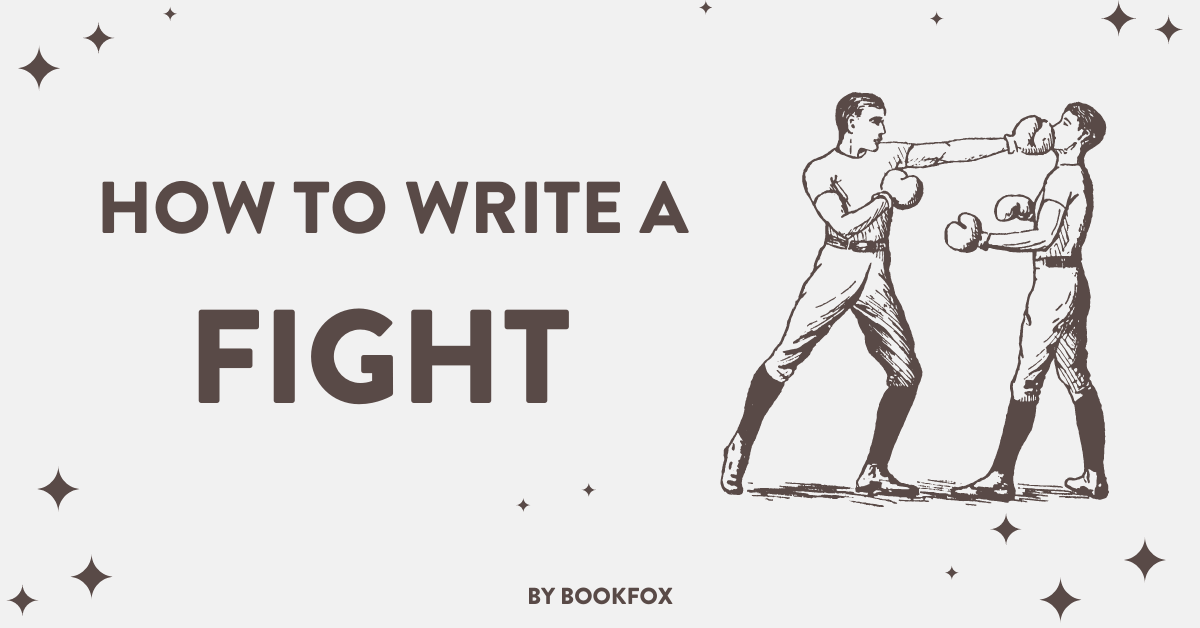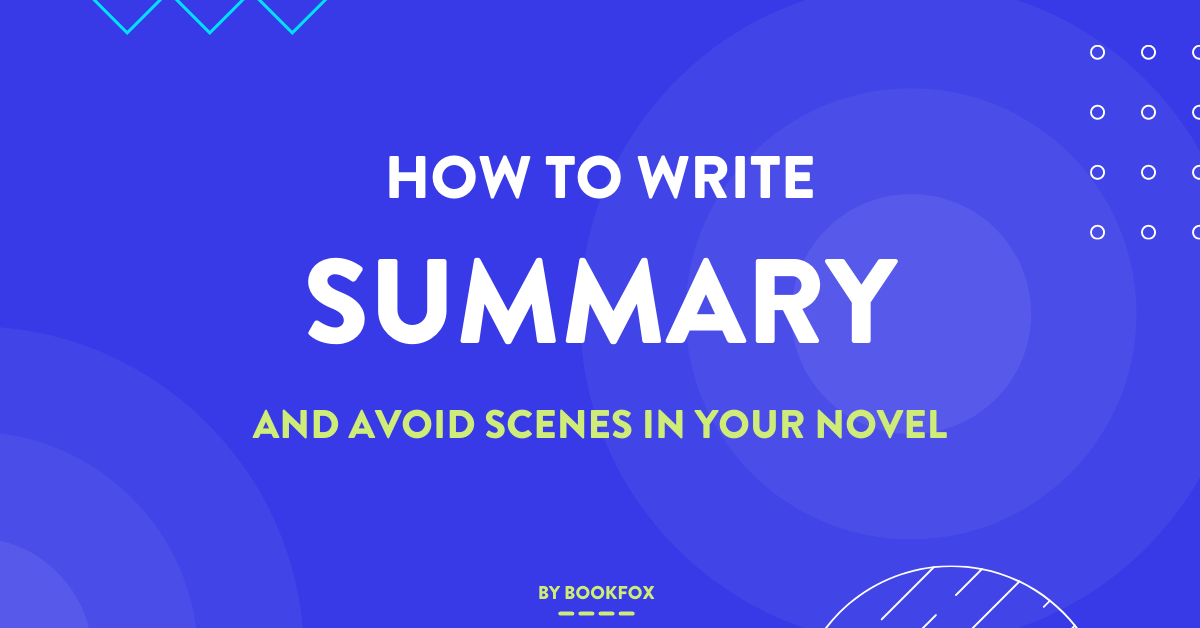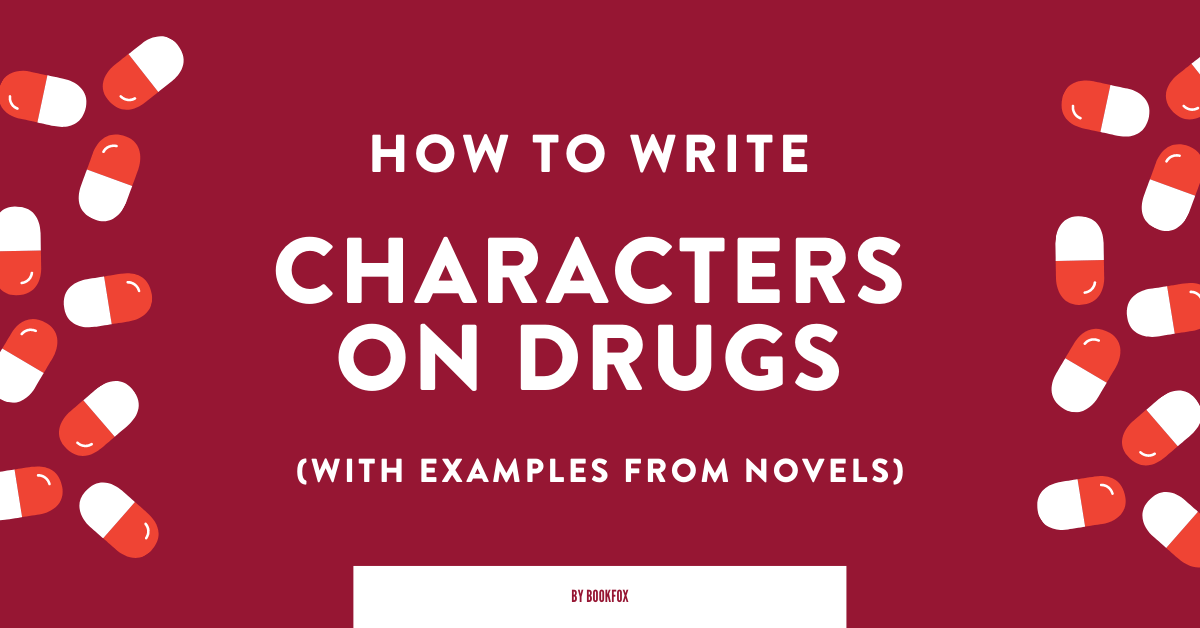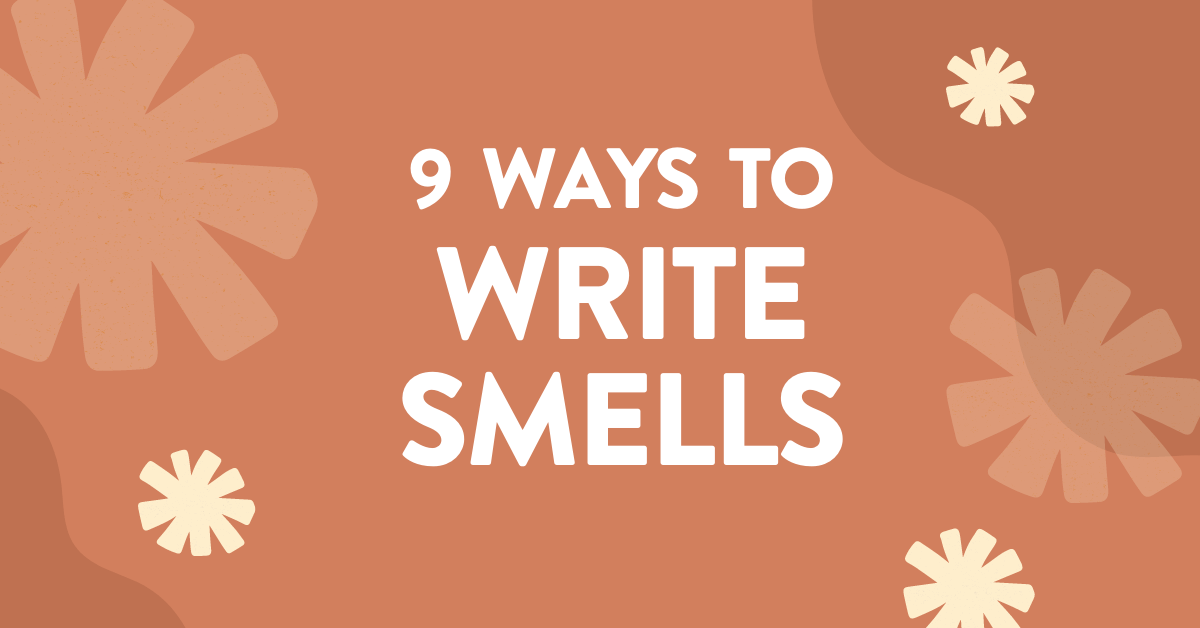Breaking Bad has invaluable lessons for storytellers, regardless of whether you’re writing fiction, graphic novels, or screenplays. Let’s break down the first episode to understand what makes this masterpiece work. 1. Start with Action It’s a great idea to start fast in the middle of the action. Breaking Bad opens with wild driving of an […]
Category: Writing Techniques
- One Episode of Breaking Bad Will Change Your Writing Forever

- 4 Ways to use Silence in your Fiction

“In my life there are many silences,” wrote the novelist Juan Rulfo, “and in my writing, too.” It’s important to think about how your story uses silence. Most of the craft of writing focuses on all the noise — the dialogue, the cacophony of the senses, the action. But silence is not just an absence, […]
- How to Write “Timeless” Fiction

What exactly is ‘timeless’ fiction? In essence, it’s a piece of work that withstands the passing of years, even decades, maintaining its relevancy and charm. The danger is that your fiction won’t age well, and in 10 years certain references will make readers scratch their heads, either bewildered or feeling like your book is dated. […]
- 16 Writers Who Break Storytelling Rules

Any time some well-intentioned writer tells you, “You can’t do that” in your story, please send them this article. Because this article celebrates breaking the rules! Here are more than sixteen writers who deliberately break the rules of narrative to make their book better. The twenty writers below gleefully and blatantly shatter the most fundamental […]
- 5 Glorious Ways to Use Lists in Your Fiction

There’s nothing fancy about a list. Lists are the vanilla flavor of fiction, the most basic tool the writer can have in their toolbox. It’s the simplest way to organize information — no fancy frills, no tricks, no complexity. What you see is what you get. 1, 2, 3. A, B, C. Yet in its […]
- 11 Examples of Fight Scenes

One of the best ways to learn how to write is to learn by imitation. So if you want to write a fight scene, you should look at writers who have come before you. Below are a variety of fight scenes: some just with fists, some with weapons like swords, spears, and knives. All of […]
- 21 Rules to Write a Fight Scene

It’s time to write a big fight scene in your novel, but you don’t want to botch it. That’s understandable. I’ve read enough badly written fight scenes to know that it’s truly easy to write a boring, predictable fight scene with nothing at stake, where the reader doesn’t even care who wins by the end. […]
- 4 Ways to Write Summary in your Fiction (and avoid Scenes)

Everyone tells you to write scenes. To show, not tell. But what if that was … bad advice? Or at least limiting advice, because virtually every great book in history uses summary and “telling” in at least a few places in the book. And surprisingly, some books use summary for MOST of the book. And […]
- How to Write Characters on Drugs (33 Examples from Novels)

When one of your characters is on drugs, you want to accurately portray the thoughts, actions, and speech of what someone would say on such a drug. But some of you might not want to take Ecstasy or Cocaine or Toad Venom in the course of your casual “writing research.” This post will rescue you! […]
- 9 Ways to Describe Scents in your Book

Smell is the best sense to use in your writing. Yes: it’s better than sound, better than sight, better than touch. There’s something about smell that bypasses all of the normal roadblocks in our brain and goes straight to memory and animal instincts. It’s primitive. It’s elemental. If you want to really immerse a reader […]

